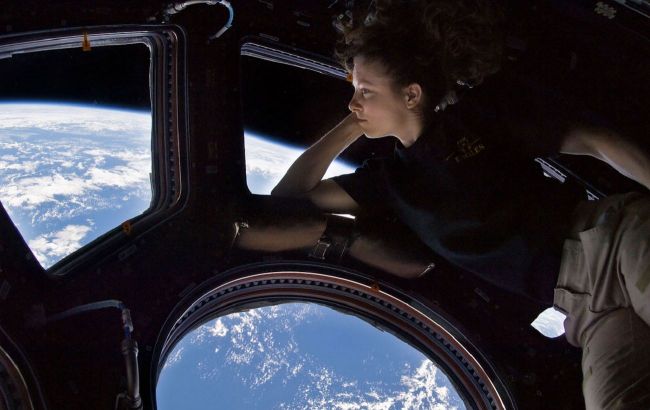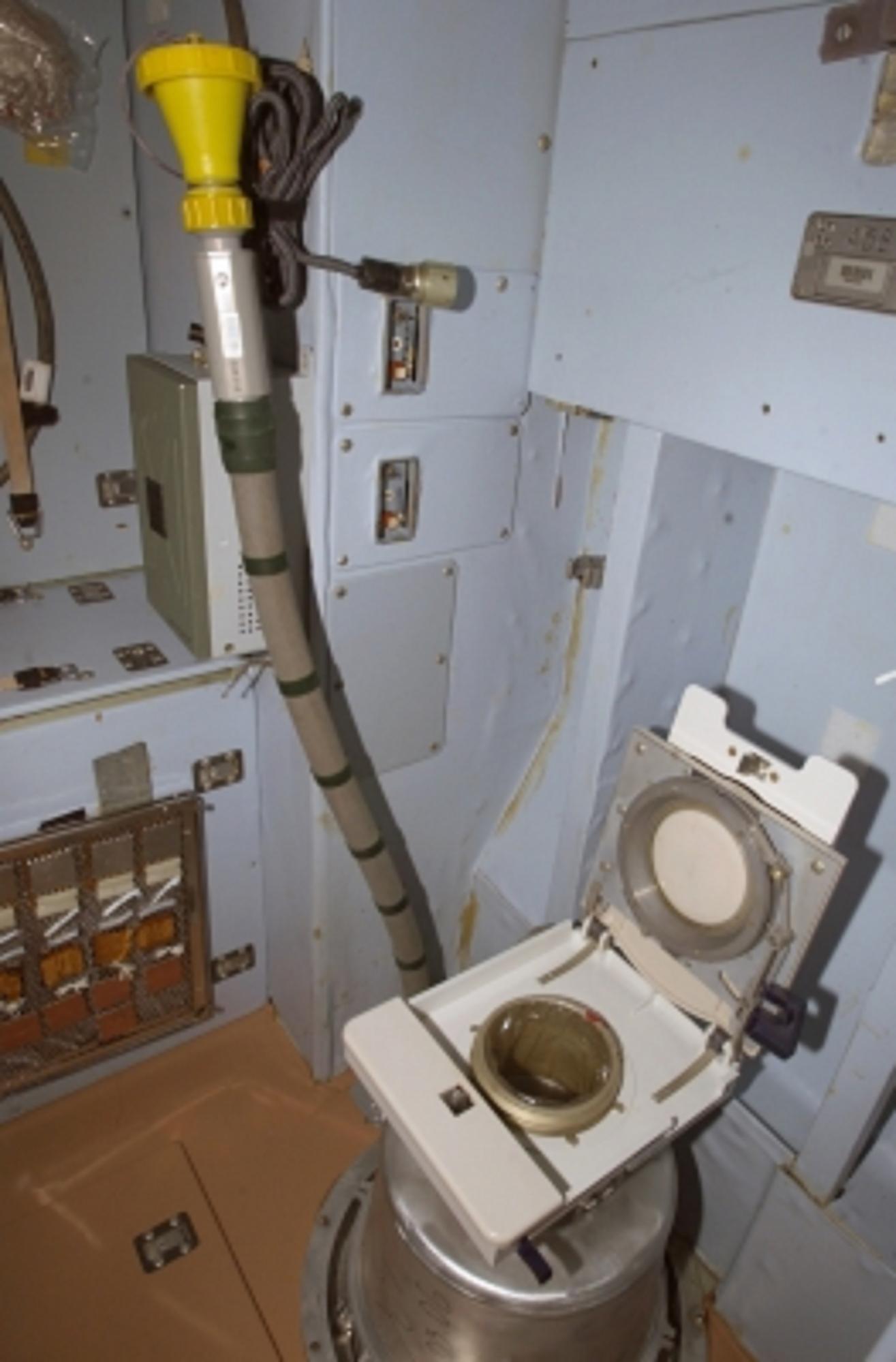No tears and no sleep. 10 crazy facts about astronauts' life in orbit
 How astronauts live in orbit (photo: Wikipedia)
How astronauts live in orbit (photo: Wikipedia)
Space has always been a source of incredible discoveries and great achievements of mankind. However, the life of astronauts in orbit is not only high science and great technical achievements, but also a lot of unusual and sometimes shocking facts.
Lack of sleep in orbit
Astronauts on the International Space Station (ISS) often face sleep problems due to the change of day and night. Since day changes to night every 90 minutes in orbit, astronauts face 16 sunrises and sunsets per day. This disrupts biorhythms, and astronauts must use special sleep masks and relaxation techniques to compensate for the lack of natural sleep.
The astronaut's body changes in zero gravity
The absence of gravity has a serious impact on a person's physical condition. Muscles and bones begin to lose their mass, because they do not need to support the body in space. To prevent muscle atrophy, astronauts must regularly train on special simulators.
Lack of smells and tastes in space
Many astronauts note that food seems less tasty in space. This is due to changes in the senses - due to a decrease in the activity of taste buds and the absence of odors in a confined space. That's why the food they take with them to the ISS is specially prepared to be tasty even without smell.
.jpg) International Space Station (photo: Wikipedia)
International Space Station (photo: Wikipedia)
Astronauts can't cry
In space, tears cannot run down the face because there is no gravity. Instead, they collect as small droplets on the astronaut's face. This creates unusual situations when it is difficult to cry and tears cannot move as they are used to on Earth.
Clean air is a big problem
The air on the ISS is constantly purified by special filtration systems, but even these systems cannot eliminate all germs and bacteria. This forces astronauts to limit their contact with other crew members and to follow good hygiene practices. For example, they often wash their hands and even use disinfectants to treat surfaces.
Losing laughter in space
It may sound strange, but many astronauts note that laughter in space is not the same as on Earth. In low gravity, sound waves propagate differently, so astronauts' laughter becomes "muffled" and not as expressive. However, this does not prevent the crews from finding time for fun moments, even in orbit.
Problems with waste
Waste management is a real challenge in space. Astronauts must use special toilets where waste is instantly collected in sealed containers. In addition, vacuum bags are used to get rid of food residues, which allow them to be stored in a safe manner.
 Toilet on the ISS (photo: Wikipedia)
Toilet on the ISS (photo: Wikipedia)
Physiological changes in the body
Astronauts often have heart problems due to the lack of gravity, which leads to a shift in body fluids. Blood and lymph begin to move to the upper part of the body, creating a feeling of "overflow" in the head. Over time, this can affect vision, so astronauts undergo regular medical checkups.
Dangerous cosmic rays
In space, astronauts are exposed to high levels of cosmic rays, which can lead to serious health consequences, including cancer. Therefore, astronauts take special measures to protect themselves, such as wearing special clothing and spending time in areas that reliably shield them from radiation.
Changes in mental state
In the conditions of confined space and prolonged stay on the ISS, astronauts may experience stress or even depression. Prolonged separation from family and Earth, as well as the uncertainty of the future, cause psychological pressure. To avoid these problems, the crew regularly undergoes psychological training and is allowed to communicate with relatives via video.
Sources: TED, Lifehacker, Wikipedia.

